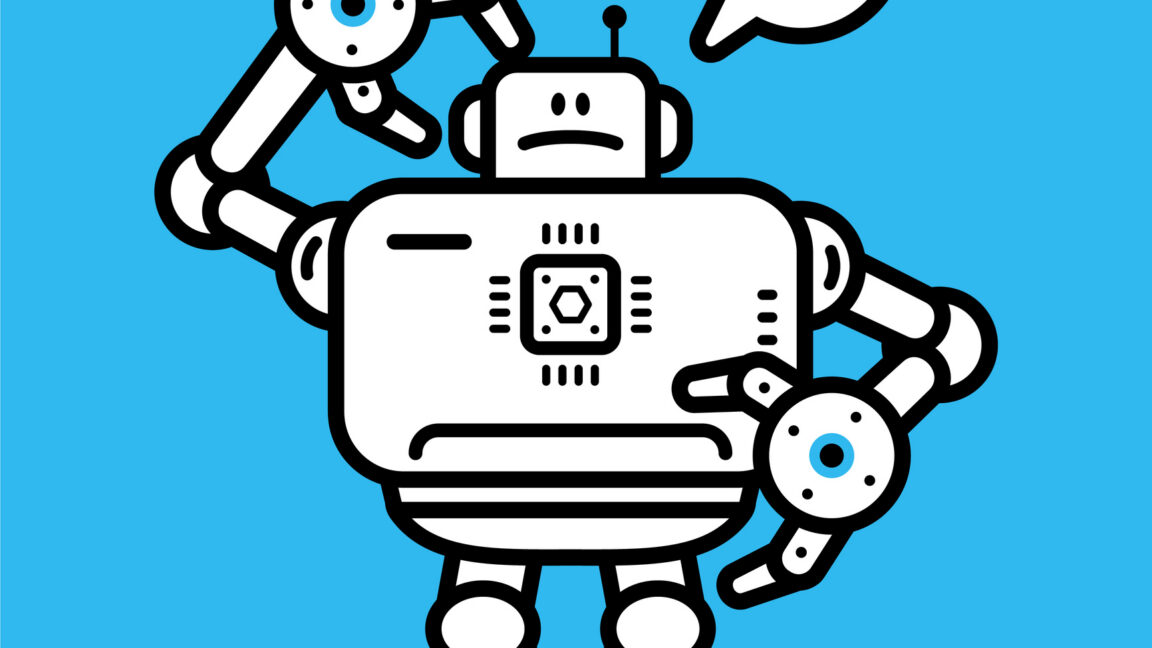Introduction to AI Surrogates in Healthcare
The use of Artificial Intelligence (AI) in healthcare is becoming increasingly popular, with researchers exploring its potential in various applications, including surrogate decision-making. A surrogate decision-maker is someone who makes medical decisions on behalf of a patient who is unable to do so themselves. Researchers like Ahmad and Starke are working on developing AI models that can learn a patient’s preferences and values to make informed decisions.
How AI Surrogates Work
According to Ahmad, an AI surrogate would combine demographic and clinical variables, documented advance-care-planning data, patient-recorded values and goals, and contextual information about specific decisions. This would enable the AI model to learn why preferences arise and change, not just what a patient’s preference was at a single point in time. Including textual and conversational data could further increase the model’s ability to learn and make informed decisions.
Future Research Directions
Ahmad suggests that future research could focus on validating fairness frameworks in clinical trials, evaluating moral trade-offs through simulations, and exploring how cross-cultural bioethics can be combined with AI designs. This would help ensure that AI surrogates are fair, transparent, and effective in making decisions that align with a patient’s values and preferences.
Limitations and Concerns
While AI surrogates show promise, there are concerns about their potential impact on patient care. Ahmad warns against chatbot AI surrogates that could be interpreted as a simulation of the patient, predicting that future models may even speak in patients’ voices. This could blur the boundary between assistance and emotional manipulation. Starke agrees that more research and "richer conversations" between patients and doctors are needed to ensure that AI is used responsibly.
The Role of Human Decision-Making
Truog, a bioethics expert, notes that AI surrogates should not be seen as a replacement for human decision-making. "AI will not absolve us from making difficult ethical decisions, especially decisions concerning life and death," Starke said. Truog emphasizes that decisions about life and death are complex and depend on various factors, including context, circumstances, and personal values. He believes that AI could provide some interesting information, but ultimately, human decision-making is essential.
Conclusion
The development of AI surrogates in healthcare is a complex and ongoing issue. While AI has the potential to improve patient care, it is essential to address the concerns and limitations surrounding its use. Further research is needed to ensure that AI surrogates are fair, transparent, and effective in making decisions that align with a patient’s values and preferences. Ultimately, human decision-making and compassion will continue to play a vital role in healthcare, and AI should be seen as a tool to support, rather than replace, human care.
FAQs
- Q: What is an AI surrogate in healthcare?
A: An AI surrogate is a machine learning model that can learn a patient’s preferences and values to make informed medical decisions on their behalf. - Q: How do AI surrogates work?
A: AI surrogates combine demographic and clinical variables, documented advance-care-planning data, patient-recorded values and goals, and contextual information about specific decisions to make informed decisions. - Q: What are the concerns surrounding AI surrogates?
A: Concerns include the potential for AI surrogates to be interpreted as a simulation of the patient, blurring the boundary between assistance and emotional manipulation, and the need for human decision-making in complex ethical decisions. - Q: Will AI surrogates replace human decision-making in healthcare?
A: No, AI surrogates should be seen as a tool to support, rather than replace, human care. Human decision-making and compassion will continue to play a vital role in healthcare.










